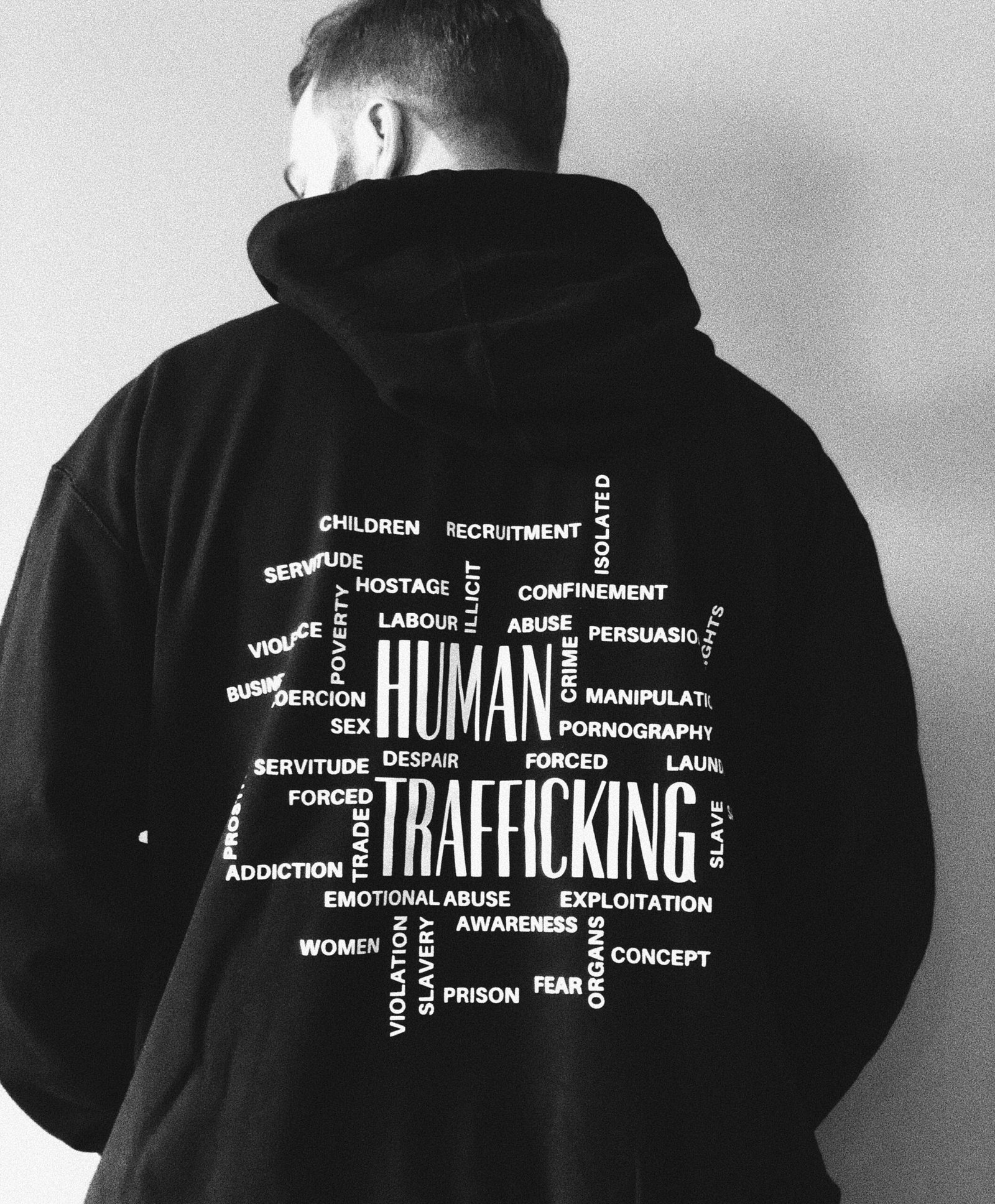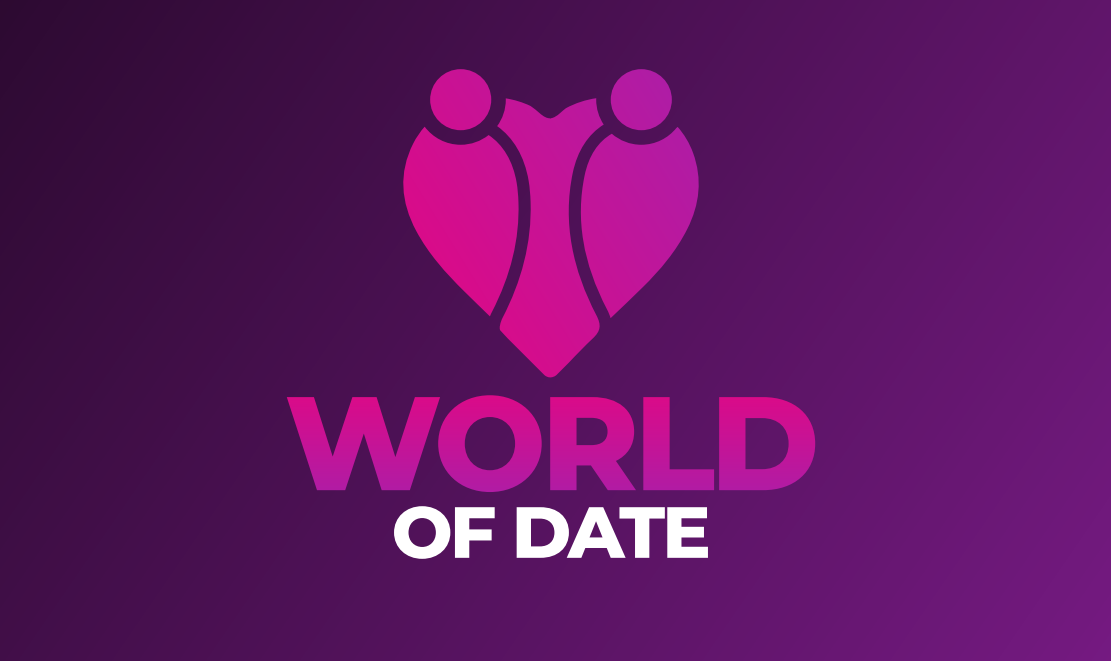Understanding Sex Trafficking: A Complex Issue with Sensitive Implications

Sex trafficking is a deeply disturbing and pervasive form of modern-day slavery that involves the exploitation of individuals through force, fraud, or coercion for the purpose of sexual exploitation. It is a global issue that affects millions of men, women, and children, regardless of age, gender, or nationality.
Sex trafficking involves various stages, including recruitment, transportation, harboring, and exploitation. Victims are often lured with false promises of a better life, job opportunities, or love, only to find themselves trapped in a cycle of abuse and exploitation. Perpetrators use physical violence, emotional manipulation, and threats to control their victims and force them into engaging in commercial sex acts against their will.
It is important to note that sex trafficking is distinct from voluntary sex work or consensual adult sex. While consensual sex work involves individuals who willingly engage in sex work as a means of income, sex trafficking victims are forced or coerced into the industry without their consent.
One example of sex trafficking is the case of Natasha (name changed for privacy), a young woman from Eastern Europe. Natasha was promised a job as a waitress in a foreign country, but upon arrival, she was forced into the sex trade. Her passport was confiscated, and she was subjected to physical and sexual abuse on a daily basis. Natasha’s story is just one of countless examples that highlight the harrowing reality faced by sex trafficking victims.
Sexuality, in general, is a sensitive topic due to the diversity of perspectives and experiences. It is natural for people to have differing opinions and biases when it comes to discussing sex. These biases can stem from cultural, religious, or personal beliefs, as well as societal norms and expectations.
It is crucial to approach conversations about sex trafficking with empathy, respect, and an understanding of the complexities involved. Recognizing and acknowledging our own biases is essential in order to have meaningful discussions and work towards solutions. By doing so, we can foster an environment that encourages open dialogue, education, and awareness.
Sex trafficking is not limited to any specific region or demographic. It affects both developed and developing countries, and victims can come from any background. Efforts to combat sex trafficking require a comprehensive approach that includes prevention, protection, prosecution, and partnership.
Prevention efforts involve raising awareness, educating communities, and addressing the root causes of vulnerability, such as poverty, gender inequality, and lack of access to education. Providing support and resources to survivors is crucial for their recovery and reintegration into society. Additionally, law enforcement agencies and legal systems play a vital role in prosecuting traffickers and dismantling criminal networks.
Supporting organizations and initiatives that work towards eradicating sex trafficking is one way individuals can contribute to the cause. These organizations provide direct assistance to survivors, advocate for policy changes, and conduct research to better understand and combat sex trafficking.
In conclusion, sex trafficking is a grave violation of human rights that affects individuals worldwide. It is essential to approach discussions about this issue with sensitivity and empathy, recognizing the biases that may exist. By working together, we can raise awareness, support survivors, and create a world where no one is subjected to the horrors of sex trafficking.








